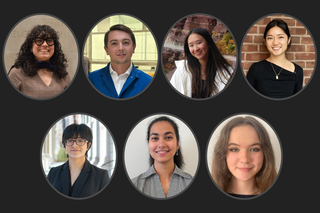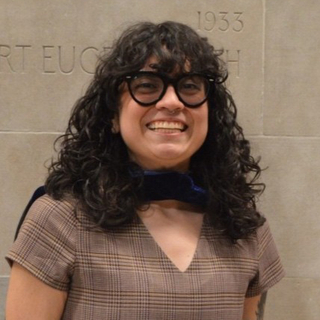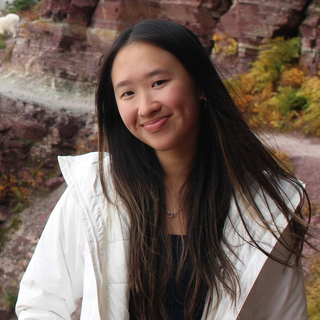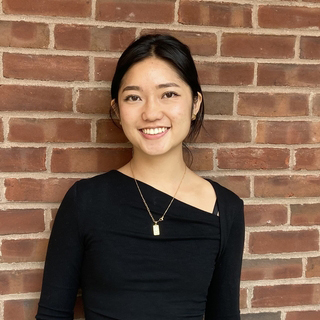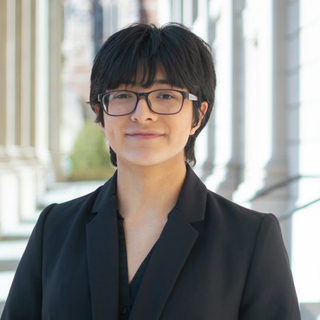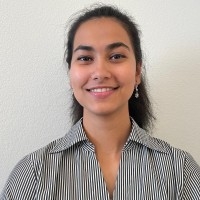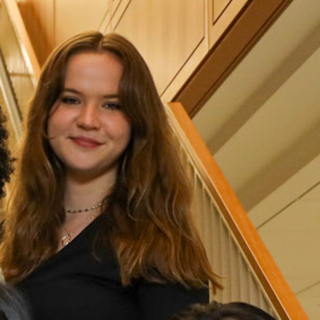Conor Rooney was a member of Professor Hailiang Wang’s lab, where he made remarkable discoveries in electrocatalytic carbon dioxide (CO2) reduction and carbon-nitrogen coupling reactions, which play a role in transforming potent greenhouse gases into valuable compounds. His findings have been published in several peer-reviewed journal articles.
Rooney’s research on electrochemical CO2 reduction to methanol catalyzed by cobalt phthalocyanine (CoPc) molecules supported on multiwalled carbon nanotubes (CNTs), which was previously discovered in the Wang Lab, greatly advanced mechanistic understanding of this important reaction. This advancement was a direct result of Rooney’s solid chemistry knowledge and experimental skills, rigorous analysis of experimental results, and capability to work together with collaborators specializing in synchrotron-based X-ray spectroscopy, sum-frequency vibrational spectroscopy, and density functional theory calculations.
Rooney also advanced previous work from the Wang Lab in electrochemical CO2 and nitrate co-reduction to the new area of electrosynthesis. He developed electrocatalytic methylation reactions of amines using CO2 as the carbon source, and amination reactions of carbonyl compounds using nitrogen dioxide as the nitrogen source. To enable the latter reaction, he developed new catalysts beyond their existing CoPc-based materials. These reactions promise sustainable production of valuable organic compounds from inorganic wastes.
After graduation, Rooney launched the startup Oxylus Energy, commercializing the catalytic CO2-to-methanol electrochemistry developed in the Wang Lab. The company has raised multiple million dollars, and their team includes four Yale Chemistry alums.
Graduating Undergraduate Student Prizes
Arthur Fleischer Prizes
Awarded to undergraduate students for their for outstanding performance in chemistry
Kathy Huynh
Bachelor of Science Intensive in Chemistry
